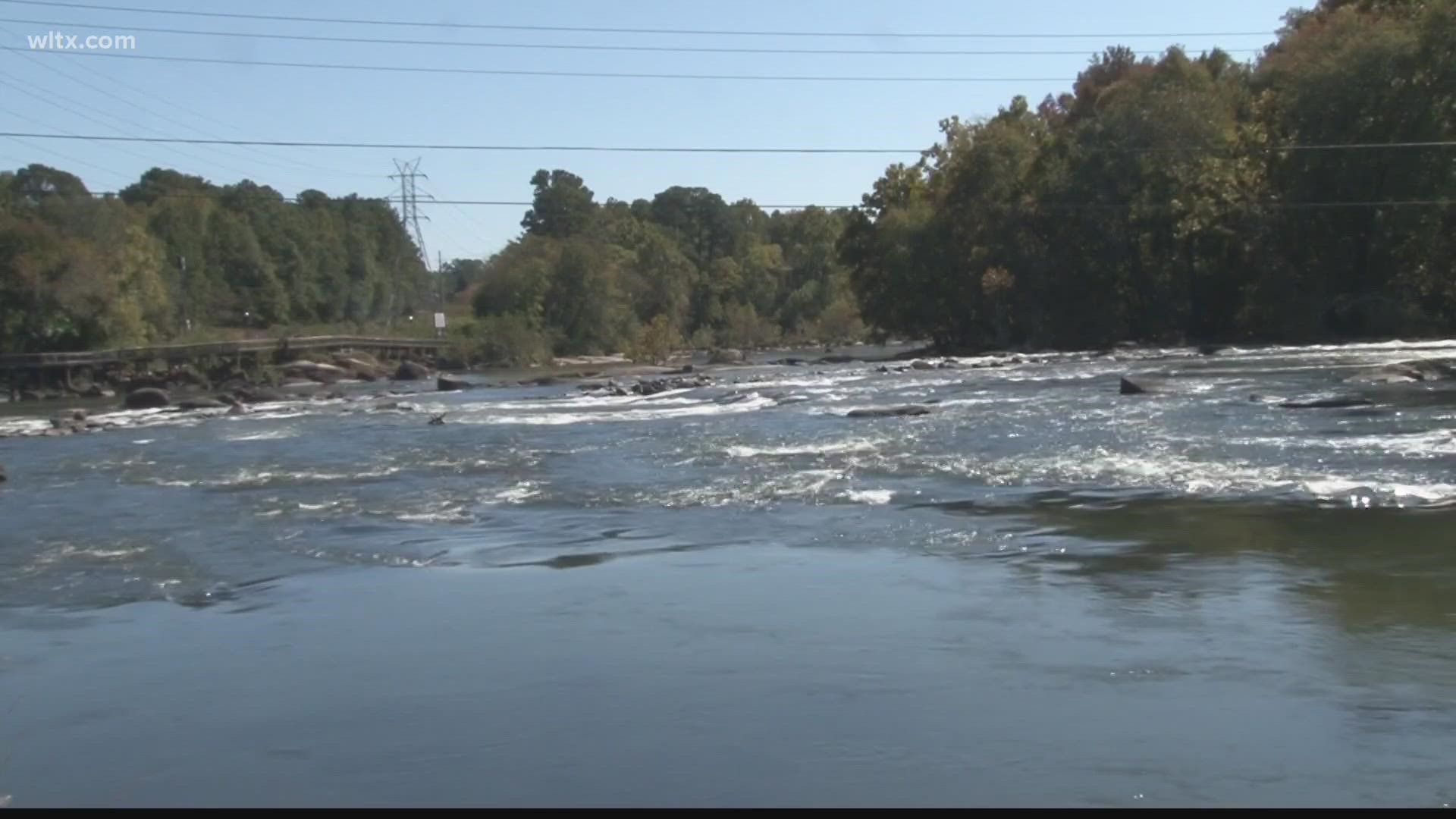COLUMBIA, S.C. — In an afternoon call on Monday, DHEC discussed chemicals called PFAS and the Environmental Protection Agency's possible plan for them moving forward.
"They are heat resistant, oil resistant, stain, and water resistant, also are what makes them last so long in the environment, and that's the challenge we have," said DHEC Bureau of Water Chief, Jennifer Hughes. "They've been in use in manufacturing since the 1940s so we have a lot of them in our environment that won't break down very easily. They are and I want to emphasize again that it's a chronic concern and not an acute one"
University of South Carolina professor Susan Richardson works in the Chemistry and Biochemistry department and studies PFAS. She says these forever chemicals are in most manufactured products.
However, at this point scientists with the EPA are still trying to figure out what amount of these chemicals would be harmful for consumption.
"The two PFAS that are found most often in the environment are two compounds called PFOA and PFOS, which are not supposed to be greater than 70 nanograms per liter but that's just a guideline, that's not a regulation yet," Richardson explained.
Some of the graduate students in Richardson's program are researching these PFAS and have been able to find 39 of them in local surface water, but the environmental protection agency says there are more than 6,000 of these chemicals in existence.
As scientists conduct more research the EPA says they want to establish guidelines for the use of PFAS by manufacturers and how much is safe for people to consume.
Riley Egger with the coastal conservation league believes it is time the EPA made rules for the use of PFAS chemicals.
"It's something that we've monitored for a couple of years now, and it's something that is of a top environmental concern because environmental issues are public health issues, and I think PFAS is a prime example of that," Egger said.
The new guidelines must go through a public comment period before they are implemented. DHEC expects the rules to be ready by 2026.

